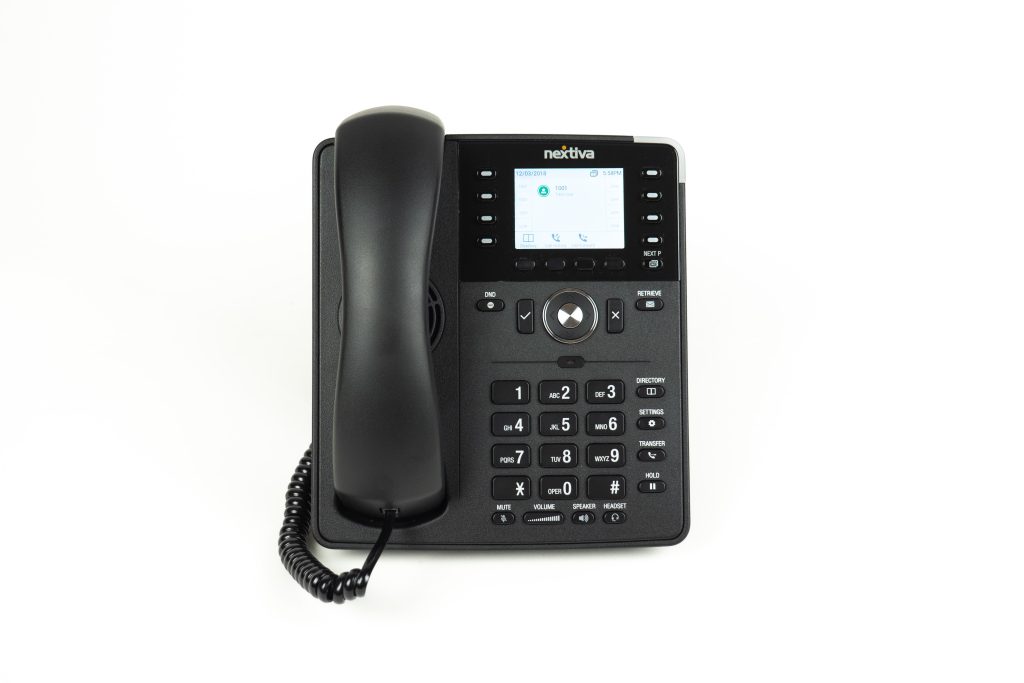VoIP In The Workplace: The New Way To Work from Home
It wasn’t long after the virus hit that everyone began to realize that staying home was the only way to keep safe. While a few brave hearts stuck with working regular hours, office closures and mass spread of illness were not taken lightly. While traditional work hours should be returning soon; for now, working from home is still keeping most of us safe.
But of course, you wouldn’t want to just work from home without any kind of structure, or precaution. You need to know what is happening within the company, you need to be able to access your fellow employees, and you need to have a safe work environment. Of course, there’s also the question of what your boss thinks about WFH, but we’ll get into that as well.

You’ve almost certainly heard of VoIP, Voice over Internet Protocol. But you may well be mystified as to what that means, why it’s useful, and–most importantly–how it can improve your office’s efficiency. In this article, we’ll answer all those questions and more. By the time you finish reading, you’ll know why VoIP is now essential to keeping your business running smoothly in the wake of the computer virus.
What is VoIP?
As mentioned in our past blog, VoIP is an acronym for Voice over Internet Protocol that describes the method to place and receiving phone calls over the internet. Most people consider VoIP the alternative to the local telephone company.
If you’ve heard of an IP address, that’s your Internet Protocol address. An IP address is how computers and devices communicate with each other on the internet.
VoIP isn’t actually all that new. Telephony has relied on digital lines to carry phone calls since the late 90s. VoIP is a cost-effective way to handle an unlimited number of calls. So, what does this mean for you?
If you have an internet connection, you call anyone without the need for local phone service. VoIP solutions work on any computer because it’s built upon many years of open standards.
VoIP service providers do more than establish calls. They perform routing of outgoing and incoming calls through existing telephone networks. Landlines and cell phones depend on the Public Switched Telephone Network (PSTN). Read more here.

So, is telecommuting better for the environment than physical commuting?
A lot of people think so. They feel less encumbered by congestion, pollution, and traffic, which can make the free time on their commutes seem more precious. Telecommuting is never going to be a choice that can be forced on everyone out there- not necessarily because they don’t want to, but because they don’t need to.
The vast majority of people who choose to telecommute do so without external pressure–they’re making a conscious decision because they want to spend less time behind the wheel and more time with their families or doing what they love.
Naturally, it’s difficult (but not impossible) to quantify environmental damage produced by commuting via telecommuting versus conventional means. There’s no question that there are still some potential downsides to telecommuting that need to be analyzed in depth.
Corporations may find upon further investigation that fewer employees actually drive in if required to telecommute than if given offices on site. It could also lead them to discover that fewer employees are willing to put up with being stuck at home all day after already being away from home for most of their waking hours.
It’s time to do the upgrade!
One thing is certain. The tools used by businesses to connect employees in the workplace are being transformed more by technology than they have been in more than 20 years. The telephony model—used for voice communications for decades—is collapsing, thanks to the ubiquity of smartphones and ever-growing access to the internet. This means attempts to improve productivity by upgrading fixed office-based phones with new “smart” phones are not enough.
One of the best ways to make your business more efficient and effective is by getting rid of unnecessary tools and office procedures. VoIP telephony has been around for many years now, and companies should think about considering its implementation to replace the traditional telephone system.

Take away:
Technology has become such a crucial part of everyday life that it’s worth looking into every aspect of its implementation. Over the past 20 years, workers have moved from typical work environments to telecommuting and similar types of arrangements. As time goes on and computers and the internet continue to get better and faster, I expect that trend will only increase. That’s just one more reason why it makes sense to investigate VoIP options in the workplace.
In closing, you may find that VOIP is a better phone solution for you than a traditional cell phone or landline telephone. This is simply a matter of personal preference. If you want to check out your options and are interested in learning more, feel free to look at some of the resources we have linked to on this page so that you can make an informed decision when it comes to choosing the right VoIP plan for your business.
If you’re looking for an alternative to traditional telephony and are excited by the idea of managing your own company’s phone system, cloud PBXs are definitely worth considering. The potential cost savings speak for themselves—and if you’re already paying for a quality internet connection, it won’t cost you much to set up a VoIP system, either.
If you’re looking for a Cloud PBX provider in Cerritos, California, or anywhere around the country, give us a call at Telligens Technologies or visit us at www.telligens.com. Let us help you succeed with Cloud PBXs and other VoIP services.







